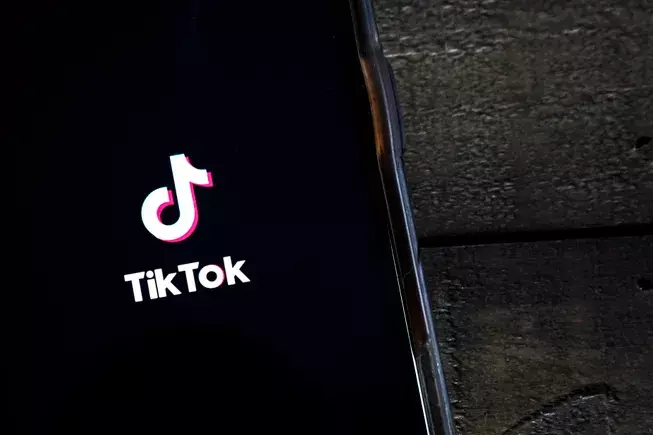In a landscape riddled with geopolitical strife and regulatory uncertainties, TikTok’s presence in the United States remains precarious. Despite longstanding claims from the Trump administration about acquiring a U.S.-based partner to facilitate TikTok’s continued operation, the reality on the ground suggests a landscape riddled with broken commitments and shifting alliances. The U.S. government’s legal stance condemns TikTok’s operations, yet enforcement remains inconsistent, exposing a dichotomy between legislative intent and diplomatic politics. The core issue isn’t just about data privacy or national security; it’s a reflection of broader technological sovereignty struggles and economic dominance battles between the U.S. and China.
The promised deal, which was supposed to be finalized by September 17, has suffered a serious blow with the withdrawal of key players like Blackstone, a major private equity firm initially poised to take a minority stake in TikTok’s U.S. operations. Such withdrawals highlight the fragile nature of the proposed arrangements and raise doubts about the viability of any quick technological divestment. The fact that the consortium, led by notable investors including Susquehanna International Group, General Atlantic, and others, was gradually forming a consensus underscores how complex and politically charged these negotiations are. As the deadline looms, the window for meaningful resolution narrows, leaving the future of TikTok in a limbo that could easily tip toward outright banning.
Political Maneuvering and the Global Tech Chessboard
What’s especially troubling—and fascinating—is how TikTok has morphed from a platform synonymous with youthful entertainment into a geopolitical pawn. Originally celebrated for viral dance challenges and memes, TikTok has unintentionally become a symbol of Chinese technological influence. The U.S. sees its potential data collection and content control as national security threats, fueling aggressive attempts to sever ties. Conversely, TikTok’s possible ban indicates America’s ongoing dilemma: how to balance innovation, free expression, and security without choking off one of the world’s most popular social media apps.
The involvement of the Trump administration, with its penchant for executive orders and administrative extensions, reveals a tendency to treat international technology companies as leverage rather than mere service providers. The repeated extensions on the sell-off deadline serve more to buy time for political negotiations than to create a clear, pragmatic resolution. Meanwhile, U.S.-China trade friction continues to escalate, with tariffs on Chinese goods—such as those imposed recently—adding layers of tension to an already strained relationship. TikTok, unintentionally or not, has become a symbol of this larger rivalry, illustrating how technological assets are transforming into geopolitical currencies.
The Implications of a Potential Ban and the Future Trajectory
If TikTok’s future in America is to be drastically altered or outright ended, the ripple effects will be vast. Creators, brands, and users are caught in a maelstrom of uncertainty, with many bracing for a possible exit or platform shutdown. The app’s role in shaping online culture has been profound, and disrupting its U.S. operations could set a precedent—one that makes governments view digital platforms as strategic assets rather than mere businesses.
At the same time, ongoing negotiations and the withdrawal of major investors underscore that the U.S. government’s approach might be too rooted in punitive action and national security narratives, instead of fostering genuine technological independence and innovation. The possibility of extending the deadline once again demonstrates that this is more about political signaling than practical solutions. It suggests that the struggle for digital dominance is far from over, with each side positioning itself to claim influence over future communication, data sovereignty, and market control.
Ultimately, TikTok remains a test case—challenging global norms and illustrating how technology is now deeply interwoven with state interests. While many may hope for a practical resolution, the underlying tensions hint at a more contentious future where apps, data, and international diplomacy are inseparably linked. As the clock winds down, the real question becomes: will this be a wake-up call that accelerates digital sovereignty, or will it simply reinforce the enduring power struggle at the heart of the global tech landscape?

